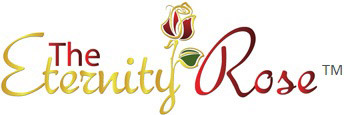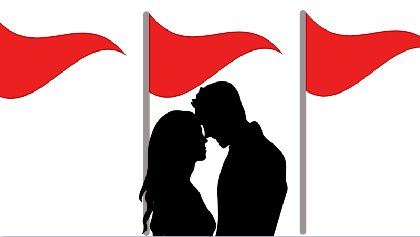Relationship Red Flags: Recognising The Signs Of Unhealthy Love
Relationships are complex, beautiful, and sometimes challenging journeys that many of us embark on in life.
While they can bring immense joy and fulfillment, they can also be a source of stress and heartache when things go awry.
That's why it's crucial to be vigilant and aware of relationship red flags – those early warning signs that something might not be right in your romantic partnership.
In this blog post, we'll delve into the world of relationship red flags, equipping you with the knowledge to identify these warning signs and take proactive steps to address them.
Whether you're starting a new relationship or evaluating an existing one, understanding these red flags is essential for building and maintaining a healthy, fulfilling love connection.
1. Lack of Communication
Communication is the cornerstone of any healthy relationship. When communication breaks down or is consistently ineffective, it can be a glaring red flag.
Signs of poor communication include:
1. Avoidance: If your partner avoids discussing important topics or becomes defensive when you try to communicate openly, it's a red flag.
2. Stonewalling: Stonewalling involves shutting down or withdrawing from conversations, leaving crucial issues unresolved.
3. One-sided conversations: Healthy communication involves both partners actively listening and sharing. If your partner dominates conversations or dismisses your feelings, it's a sign of imbalance.
2. Trust Issues
Trust is the foundation of any solid relationship. When trust issues arise, it's essential to address them promptly.
Red flags related to trust include:
1. Jealousy and Possessiveness: Excessive jealousy or attempts to control your actions can indicate a lack of trust.
2. Secretive Behaviour: If your partner is overly secretive about their activities or frequently hides their phone or messages, it raises trust concerns.
3. Broken Promises: Repeatedly breaking promises or betraying your trust is a clear red flag.
3. Emotional Abuse
Emotional abuse can be insidious, making it crucial to recognize the signs.
Red flags related to emotional abuse include:
1. Constant Criticism: Frequent criticism, belittling, or insults can erode your self-esteem.
2. Isolation: If your partner attempts to isolate you from friends and family, it's a warning sign.
3. Gaslighting: Gaslighting involves manipulating facts or events to make you doubt your reality or sanity.
4. Lack of Respect
Mutual respect is non-negotiable in a healthy relationship.
Red flags regarding respect include:
1. Disregarding Boundaries: If your partner consistently crosses your boundaries or ignores your consent, it's a significant concern.
2. Disparaging Comments: Any form of disrespectful or hurtful language aimed at you is unacceptable.
3. Failure to Value Your Needs: In a healthy relationship, both partners should prioritise each other's needs. If your partner consistently puts their own desires first, it's a red flag.
5. Unresolved Conflict
Conflict is a natural part of any relationship, but how it's handled is crucial.
Red flags related to unresolved conflict include:
1. Frequent Explosions: If arguments escalate into shouting matches or become physical, it's a severe red flag.
2. Avoiding Conflict: On the flip side, consistently avoiding disagreements and sweeping issues under the rug can indicate deeper problems.
3. Lack of Compromise: In a healthy partnership, both parties should be willing to compromise and find solutions together. A lack of compromise is a red flag.
6. Neglecting Self-Care
In a healthy relationship, both partners should encourage each other's personal growth and well-being.
Red flags related to neglecting self-care include:
1. Loss of Independence: If you find yourself giving up your interests, hobbies, or goals for the sake of the relationship, it's a concerning sign.
2. Emotional Drain: Constantly feeling emotionally drained or anxious due to the relationship indicates an unhealthy dynamic.
3. Feeling Unseen: Feeling as though your partner doesn't acknowledge your needs or support your personal growth is a red flag.
7. Instincts and Intuition
Ultimately, your instincts and intuition are powerful tools in recognizing relationship red flags.
If something feels off, trust your gut. Seek the support and advice of trusted friends or a professional therapist if you're uncertain about the state of your relationship.
Conclusion
Recognising relationship red flags is a crucial step toward building and maintaining healthy, fulfilling partnerships.
Remember that no relationship is perfect, and everyone makes mistakes from time to time. In many cases, you can overcome challenges in a healthy relationship.
However, consistently ignoring or dismissing red flags can lead to unhappiness and even harm.
Trust yourself, communicate openly, and seek help when needed to ensure your relationship is based on love, respect, and mutual growth.
By being vigilant and addressing red flags, you can build a stronger, healthier connection with your partner based on genuine love and commitment to one another.



















